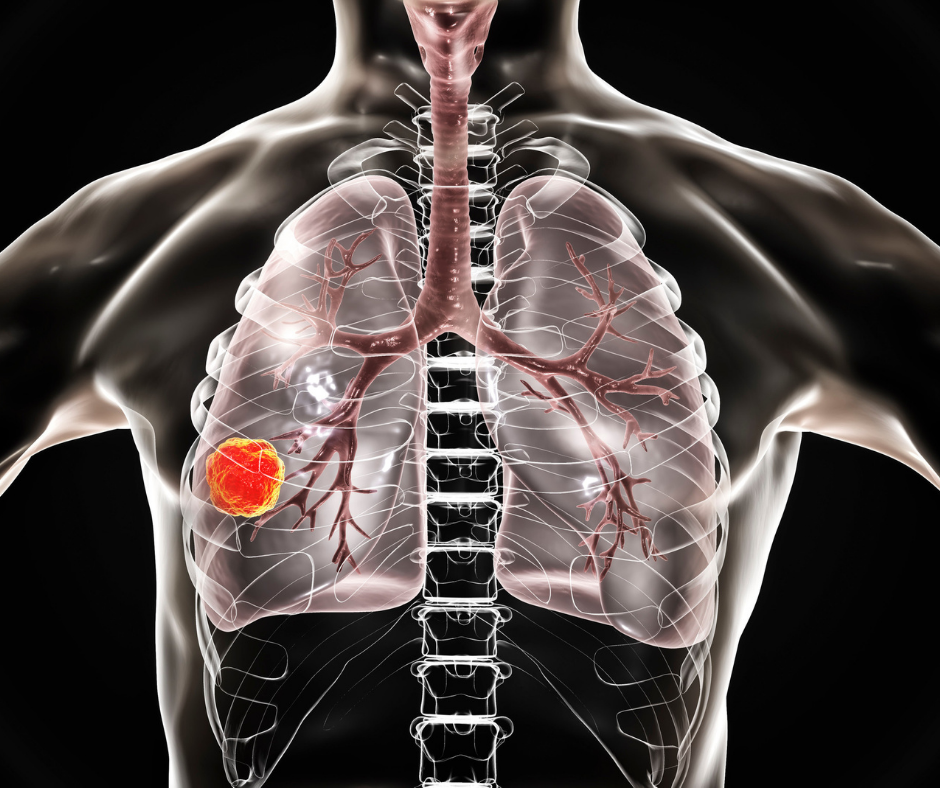Lung cancer is the number one cancer killer among men and women in the United States, accounting for about one in every four cancer deaths, according to the American Cancer Society. For this reason, CTVS supports November’s Lung Cancer Awareness Month in hopes of bringing both the disease’s symptoms and the positive effects of early treatment to light.
Lung cancer symptoms can be hard to detect and are often subtle. They may include coughing or wheezing, chest pain, shortness of breath, weight loss, or fatigue. Coughing up blood could also be a strong indicator for it.
Risk factors that may increase your potential for lung cancer are frequent smoking or tobacco use, exposure to radiation or harmful chemicals, or a family history of lung cancer.
CTVS thoracic surgeon, Dr. Rachel Medbery, notes one trend that is concerning is “over the past several years, we have been seeing more lung cancers being diagnosed in non-smokers, especially in middle-aged women.”
Often these unexpected cases are detected via diagnosis for other medical issues, says Dr. Medbery.
Those who are considered high risk for lung cancer (current or former smokers with a 30-pack per year history and aged 55 to 74 years) should get annual CT scans of their chests. Dr. Medbery compares this to the importance of getting your annual mammogram or a colonoscopy once you have reached a certain age. “It’s just something that you need to do.”
What are the most current treatment options for lung cancer?
Minimally invasive surgeries to remove early stage cancer nodules are often the first line of attack, preventing the need for chemo and/or radiation later. Recent surgical advancements using robotic assisted technology to locate and biopsy small tumors are now offering increased precision and accuracy in eliminating the cancer and promoting a more favorable outcome. Additionally, immunotherapy treatments are proving highly effective in extending both long-term and disease-free survival for patients by using their own immune system to fight and kill the cancer cells.
What is the overall prognosis for lung cancer patients today?
To schedule an appointment with our thoracic specialist, please visit ctvstexas.com or call us at (512) 459-8753.
Don’t forget to follow us on Facebook and Twitter and check our blog for regular updates.

